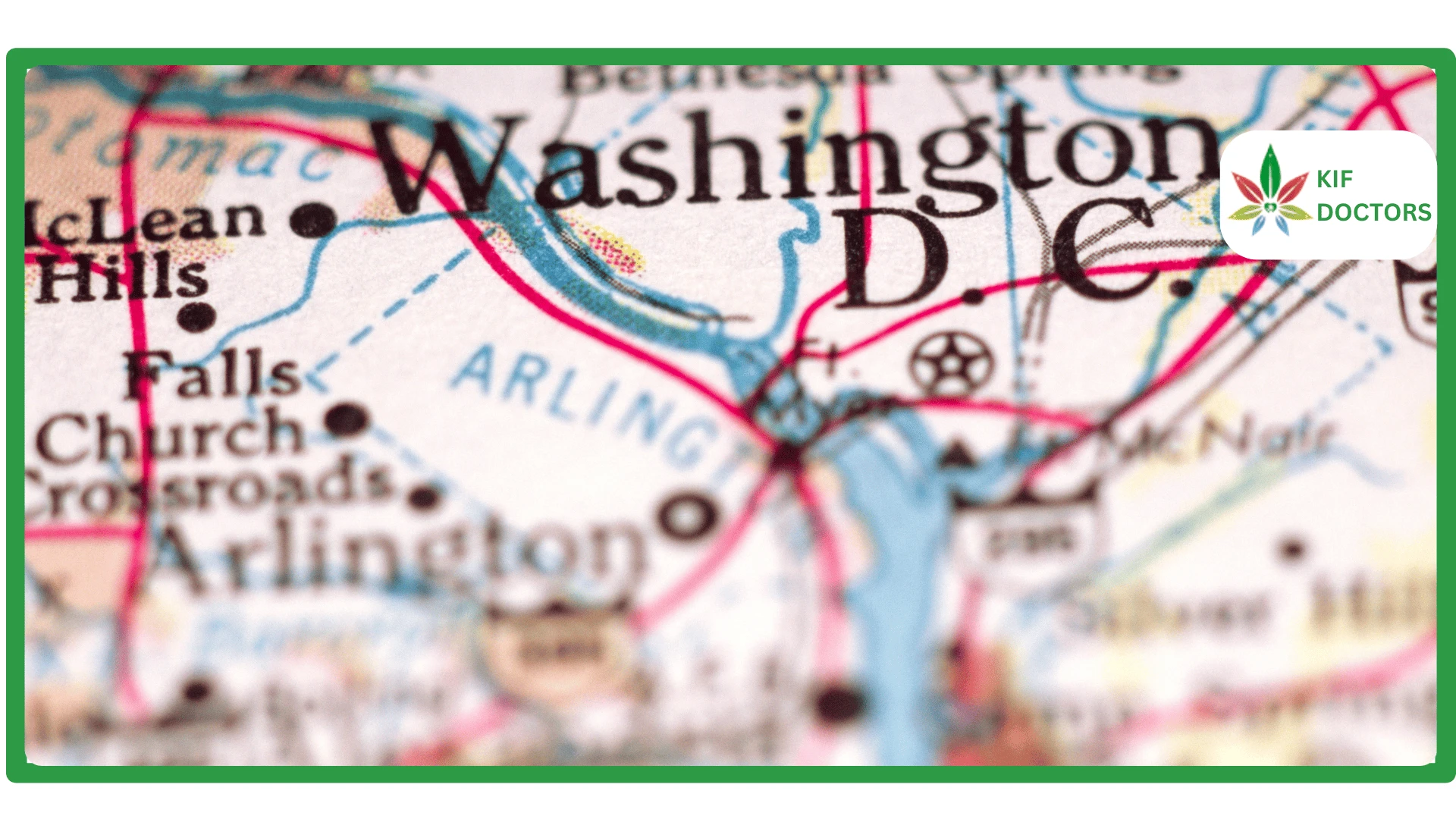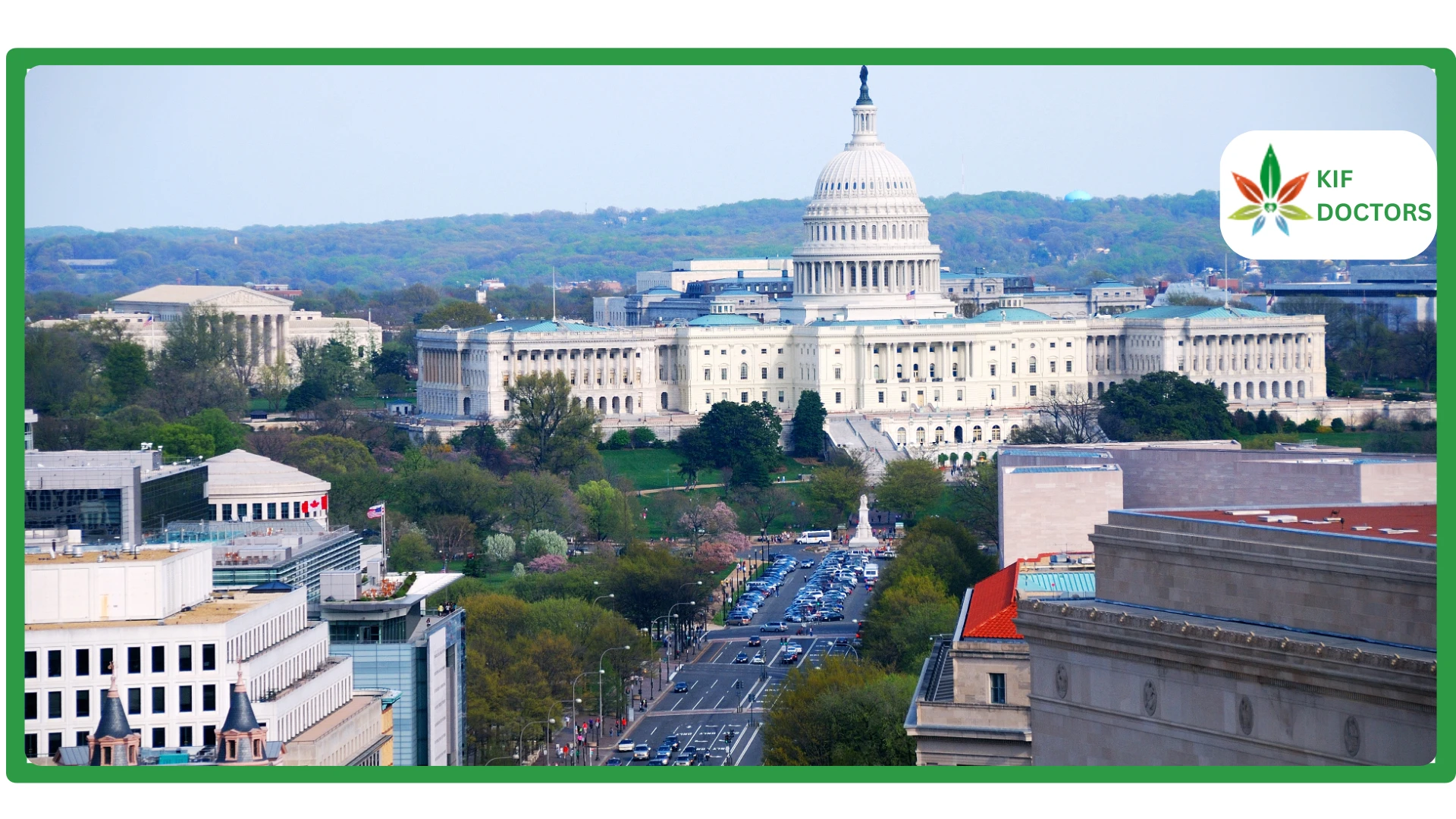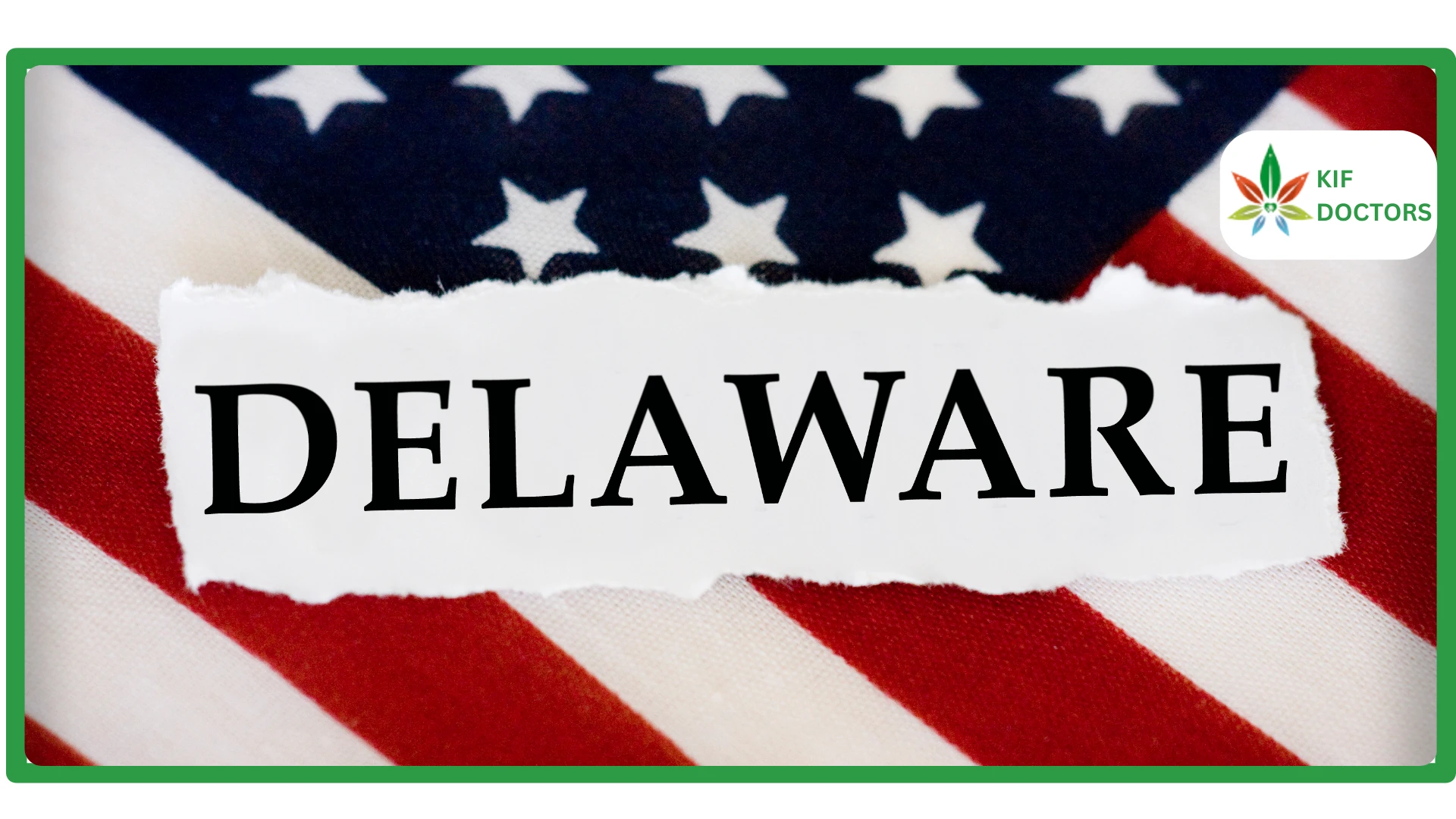Connecticut’s journey with cannabis has been transformative, evolving from strict prohibition to a progressive framework that embraces both recreational and medical use. As of 2025, the state stands as a model for regulated cannabis markets in the Northeast, balancing accessibility with responsibility. Whether you’re a resident curious about your rights, a patient seeking medical relief, or a visitor navigating the state’s laws, this comprehensive guide breaks down everything you need to know about marijuana in Connecticut. From legal limits to the medical marijuana program, we’ve got you covered with the latest data and practical insights.
Recreational Marijuana in Connecticut: A Legal Landscape
Recreational marijuana has been legal in Connecticut since July 1, 2021, following the passage of Senate Bill 1201, signed by Governor Ned Lamont. This landmark legislation, known as the Responsible and Equitable Regulation of Adult-Use Cannabis Act, made Connecticut the 19th state to legalize cannabis for adults aged 21 and older. The law allows adults to possess, purchase, and consume cannabis within defined limits, creating a regulated market that prioritizes safety and equity.
Under the law, adults can:
- Possess up to 1.5 ounces of cannabis flower or 7.5 grams of concentrate in public.
- Store up to 5 ounces of cannabis or 25 grams of concentrate in a locked container at home, in a vehicle’s glovebox, or trunk.
- Purchase up to half an ounce of cannabis flower (or equivalent) per transaction at licensed dispensaries, a limit increased from a quarter-ounce in December 2023.
- Grow up to three mature and three immature cannabis plants at home (maximum 12 plants per household) as of July 1, 2023, provided they are indoors, secure, and inaccessible to minors.
Retail sales began on January 10, 2023, with licensed dispensaries and hybrid retailers (serving both recreational and medical customers) across the state. The Department of Consumer Protection (DCP) oversees the market, ensuring products are tested for safety and tracked through a seed-to-sale system. Taxes on recreational cannabis include a 6.35% state sales tax, a 3% municipal tax, and an excise tax based on THC content (e.g., $0.00625 per milligram for flower). These revenues partly fund the Social Equity and Innovation Fund, which supports communities disproportionately impacted by past drug policies.
However, there are restrictions. Public consumption is prohibited in places where tobacco smoking is banned, such as state parks, beaches, and workplaces. Landlords and employers can also restrict cannabis use on their properties. Driving under the influence of cannabis is illegal, classified as a Class C misdemeanor, with penalties including fines, license suspension, and potential jail time. The Connecticut government’s cannabis portal provides detailed regulations for compliance.
Connecticut’s Medical Marijuana Program: Serving Patients Since 2012
Connecticut’s medical marijuana program, established in 2012 through House Bill 5389, was one of the first in the Northeast. Overseen by the Department of Consumer Protection, it serves patients with debilitating medical conditions, offering access to cannabis products with lower taxes and priority purchasing during shortages. As of 2025, the program remains robust, complementing the recreational market while catering to patients’ unique needs.
Medical marijuana patients can purchase up to 3.5 ounces of cannabis per month, though healthcare providers can certify higher allotments for specific conditions. Unlike recreational users, patients and their caregivers could begin home cultivation in October 2021, with the same limit of six plants (three mature, three immature) per person, up to 12 per household. Products available include flower, edibles, tinctures, topicals, and concentrates, all dispensed by licensed pharmacists at nine hybrid dispensaries and other medical-only facilities.
Qualifying Conditions for Medical Marijuana
To qualify for the program, patients must be Connecticut residents, at least 18 (or have parental consent if younger), and diagnosed with a debilitating medical condition by a licensed physician. The list of conditions is extensive, reflecting the program’s commitment to patient access. Qualifying conditions include:
- Amyotrophic lateral sclerosis (ALS)
- Cancer
- Chronic pain (lasting over six months)
- Epilepsy or uncontrolled seizures
- Multiple sclerosis
- Parkinson’s disease
- Post-traumatic stress disorder (PTSD)
- Severe psoriasis or psoriatic arthritis
- Spinal cord injuries with intractable spasticity
- Autism spectrum disorder (for patients under 18, with additional specialist certification)
The public can petition the DCP to add new conditions, a process that involves review by the Board of Physicians and the Regulatory Review Committee. This flexibility ensures the program adapts to emerging medical evidence.
How to Get a Medical Marijuana Card in Connecticut
Obtaining a medical marijuana card in Connecticut is straightforward but requires adherence to state regulations. Here’s a step-by-step guide to help you through the process:
- Consult a Physician: Schedule an appointment with a licensed Connecticut physician who can certify your qualifying condition. For minors, a second certification from a specialist in the condition is required.
- Gather Documentation: Prepare proof of Connecticut residency (e.g., driver’s license, utility bill) and a recent color photo. Minors need written consent from a parent or guardian.
- Submit an Application: Register online through the DCP’s Medical Marijuana Program portal. Upload your physician’s certification, proof of identity, and residency. The application fee is $100, with no reduced rates available.
- Receive Your Card: If approved, you’ll receive a temporary registration certificate via email, followed by a physical card by mail. The card is valid for one year and must be renewed annually.
- Visit a Dispensary: Use your card to purchase products at any licensed dispensary. Hybrid retailers prioritize medical patients, ensuring access during high demand.
For a seamless experience, services like Kif Doctors offer online evaluations, connecting patients with certified physicians. I always recommend going for a Medical Marijuana Card Online Instantly to simplify the process and ensure quick access to medical cannabis.
Caregivers can also register to assist patients, particularly minors or those unable to manage their treatment. Caregivers must be at least 18, have no controlled substance convictions, and submit similar documentation, including a $75 fee. They can serve only one patient unless related to multiple patients.
Benefits of a Medical Marijuana Card
Even with recreational cannabis legal, a medical marijuana card offers distinct advantages:
- Lower Taxes: Medical cannabis is exempt from the 3% municipal tax and excise tax, reducing costs.
- Higher Possession Limits: Patients can possess up to 3.5 ounces monthly, compared to 1.5 ounces for recreational users.
- Priority Access: Dispensaries prioritize medical patients, ensuring supply during shortages.
- Workplace Protections: Medical patients have some protections against employment discrimination, though employers can enforce zero-tolerance policies if cannabis use impairs job performance.
Penalties for Non-Compliance
While Connecticut’s laws are progressive, violating them carries consequences. Possession of more than 1.5 ounces in public (or 5 ounces in a locked container) can result in fines and misdemeanor charges. For example:
- First offense (over 1.5 ounces in public): $100 fine.
- Possession of over 5 ounces: Misdemeanor, up to 3 months in jail, and a $500 fine.
- Distribution or cultivation with intent to sell: Felony charges, with penalties varying by quantity.
Minors under 21 face civil penalties for possession, and providing cannabis to minors is a crime under the state’s social host law. Out-of-state medical marijuana cards are not recognized, meaning visitors cannot access dispensaries or claim legal protections. CBS News reported on the state’s enforcement efforts, noting the focus on preventing underage access and illegal sales.
Hemp and Delta-8 THC: A Gray Area
Hemp-derived products with 0.3% or less THC are legal in Connecticut, following the 2018 federal Farm Bill. These products, including CBD oils and gummies, can be purchased by anyone without a medical card. However, delta-8 THC, delta-9 THC, and delta-10 THC products are classified as cannabis and can only be sold by licensed retailers. This regulation addresses concerns about unregulated hemp products, which may contain harmful contaminants.
Retailers must adhere to strict packaging and labeling standards, such as child-resistant containers and conspicuous THC warnings. Consumers should purchase from licensed dispensaries to ensure product safety and compliance with state law.
The Social Equity Focus
Connecticut’s cannabis laws emphasize social equity, addressing the disproportionate impact of past drug policies on minority communities. Key provisions include:
- Expungement: Over 44,000 low-level cannabis convictions were automatically erased by January 2023, with individuals able to petition for additional erasures.
- Social Equity Licenses: 50% of cannabis business licenses are reserved for social equity applicants, who receive technical assistance and funding.
- Revenue Allocation: Since July 2023, 60–75% of cannabis excise tax revenue supports the Social Equity and Innovation Fund, investing in workforce training and community development.
These measures aim to create opportunities for those harmed by the war on drugs, making Connecticut’s program a national leader in equitable cannabis policy.
The Future of Cannabis in Connecticut
Connecticut’s cannabis market is poised for growth. The DCP anticipates up to 40 dispensaries and dozens of cannabis-related businesses by the end of 2025, creating over 10,000 jobs and generating significant tax revenue. Proposed legislation could further expand possession limits, relax advertising restrictions, and strengthen workplace protections for medical patients.
Public sentiment supports these changes. A 2023 poll by the Connecticut Cannabis Chamber of Commerce found 65% of residents approve of the state’s cannabis policies, citing economic benefits and reduced criminalization. However, concerns remain about underage access and impaired driving, prompting ongoing prevention campaigns and stricter enforcement.
Advocates are also pushing for federal reform, as marijuana remains a Schedule I drug under the Controlled Substances Act. A potential reclassification to Schedule III could align federal and state policies, recognizing cannabis’s medical value and easing banking restrictions for businesses.
FAQs About Marijuana Laws in Connecticut
Is recreational marijuana legal in Connecticut?
Yes, recreational marijuana is legal for adults 21 and older since July 1, 2021. Adults can possess up to 1.5 ounces in public, purchase half an ounce per transaction, and grow up to six plants at home.
Who qualifies for a medical marijuana card?
Connecticut residents with debilitating conditions like cancer, chronic pain, or PTSD qualify. Patients must be certified by a licensed physician and register with the DCP.
Can out-of-state residents buy cannabis in Connecticut?
Yes, adults 21 and older can purchase recreational cannabis at licensed dispensaries. However, out-of-state medical marijuana cards are not accepted.
Can I grow cannabis at home?
Yes, medical patients (since October 2021) and recreational users (since July 2023) can grow up to three mature and three immature plants indoors, with a household cap of 12 plants.
What are the penalties for driving under the influence of cannabis?
Driving under the influence is a Class C misdemeanor, with penalties including fines, license suspension, and up to three months in jail.
Conclusion
Connecticut’s cannabis laws reflect a careful balance of accessibility, regulation, and social responsibility. With recreational and medical marijuana fully legal, the state offers a robust framework for safe consumption and equitable opportunities. Whether you’re exploring dispensaries, applying for a medical card, or staying compliant with possession limits, understanding the rules is key to enjoying cannabis responsibly. As the market grows and policies evolve, Connecticut remains a leader in progressive cannabis reform, paving the way for a future where access and justice go hand in hand.
 Since 2021, Kif offers a streamlined platform to get a medical marijuana card online. We have served more than 45K patients across the United States. Sign Up Now to get the right to use medical cannabis for your health condition without any delay.
Since 2021, Kif offers a streamlined platform to get a medical marijuana card online. We have served more than 45K patients across the United States. Sign Up Now to get the right to use medical cannabis for your health condition without any delay.

























